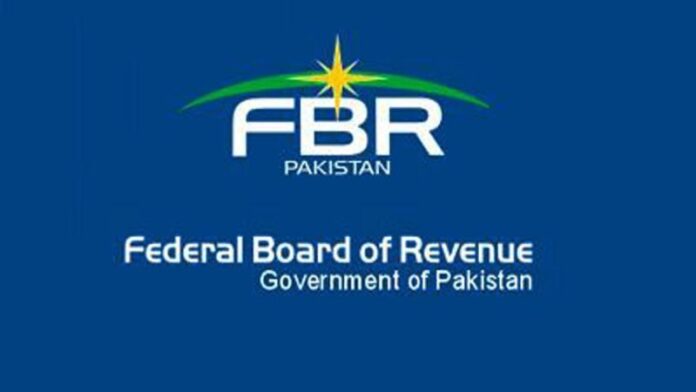The government has agreed to use data from power distribution companies (DISCOs) and telecommunications firms for tax base expansion by making a fully electronic sales tax registration system operational from 1 July 2020.
The FBR president, Nausheen Javaid Amjad, added that a new system for registering sales tax, which would be fully automated, would be placed in place from July 1st and that unreadable proof in the form of a video would be collected from the premises under the system.
The committee members said that each year the FBR brings some very good tax base expansion proposals, but without any outcome, “We will review the progress made by the tax authorities on this proposal by November 2020.”
Dr. Hamid Attique Sarwar claimed that data from DISCOs and mobile companies was used for burdening purposes and regretted that of the total of around 300,000 industrial power connections, only 18,000 were registered, whereas there were only 3.2 million commercial electricity connections in the country, but hardly 325,000 were registered with tax authorities. He said this was the only way to broaden the tax base although the situation was very bleak.
He said bringing the sales tax down to five percent meant that Rs1.200 billion hit the revenue, and unlike developed and other countries where 100 percent of the retail sector was in the tax net, Pakistan collects sales tax of 99 percent from manufacturers, not from retail.
Hamid Attique said if the sales tax collection from the retail sector is 100%, tax authorities could afford to reduce the sales tax rate to 5%. However, a few senators advised the government should have taken extraordinary steps to deal with the extraordinary situation, and lowered the sales tax to create demand and revive the economy.
The committee also authorized the abolition of capital value tax (CVT) on federal capital property and shares after the FBR officials claimed that the CVT on property had now become a provincial subject following the passage of the 18th Constitutional Amendment.
The finance standing committee meeting discussed changes made to the 1969 Customs Act and the Finance Bill, 2020 sales tax provisions. The committee disapproved amendments concerning the concession holder’s authorized economic operator program and raw material concessions and its Gwadar operating companies.
Senator Ayesha Raza informed the committee that it had misguided the parliamentary panel on the issue of duty exemptions to the Gwadar free zone area.
Senator Dr. Musadik Malik said there should be accountability in everything on this topic and the government should not further amend the original agreements to give those citizens benefits.
The Committee accepted amendments to the Customs Act 1969 concerning the extension of the scope of smuggling, the introduction of higher penalties, the reduction of the detection time for seizures of goods to 15 days, the repayment of regulatory duty to exporters, the inclusion of under-invoicing in the field of tax fraud, the adjudication of cases within 30 days under the Finance Bill 2020.



